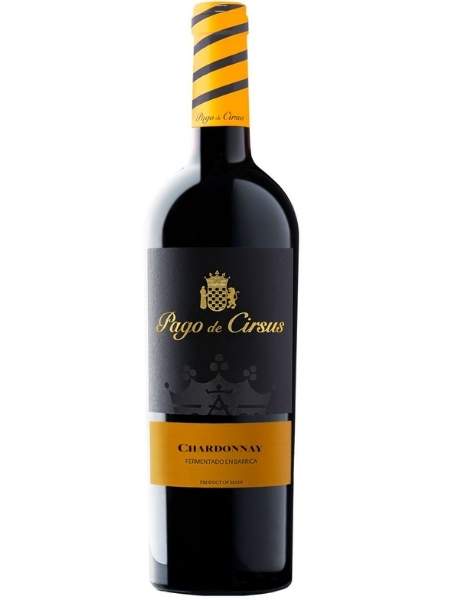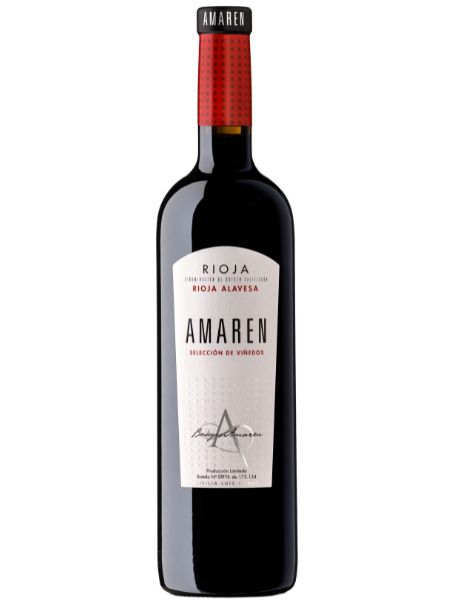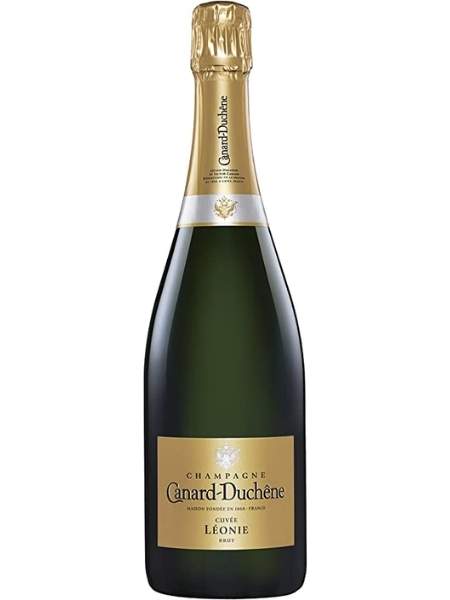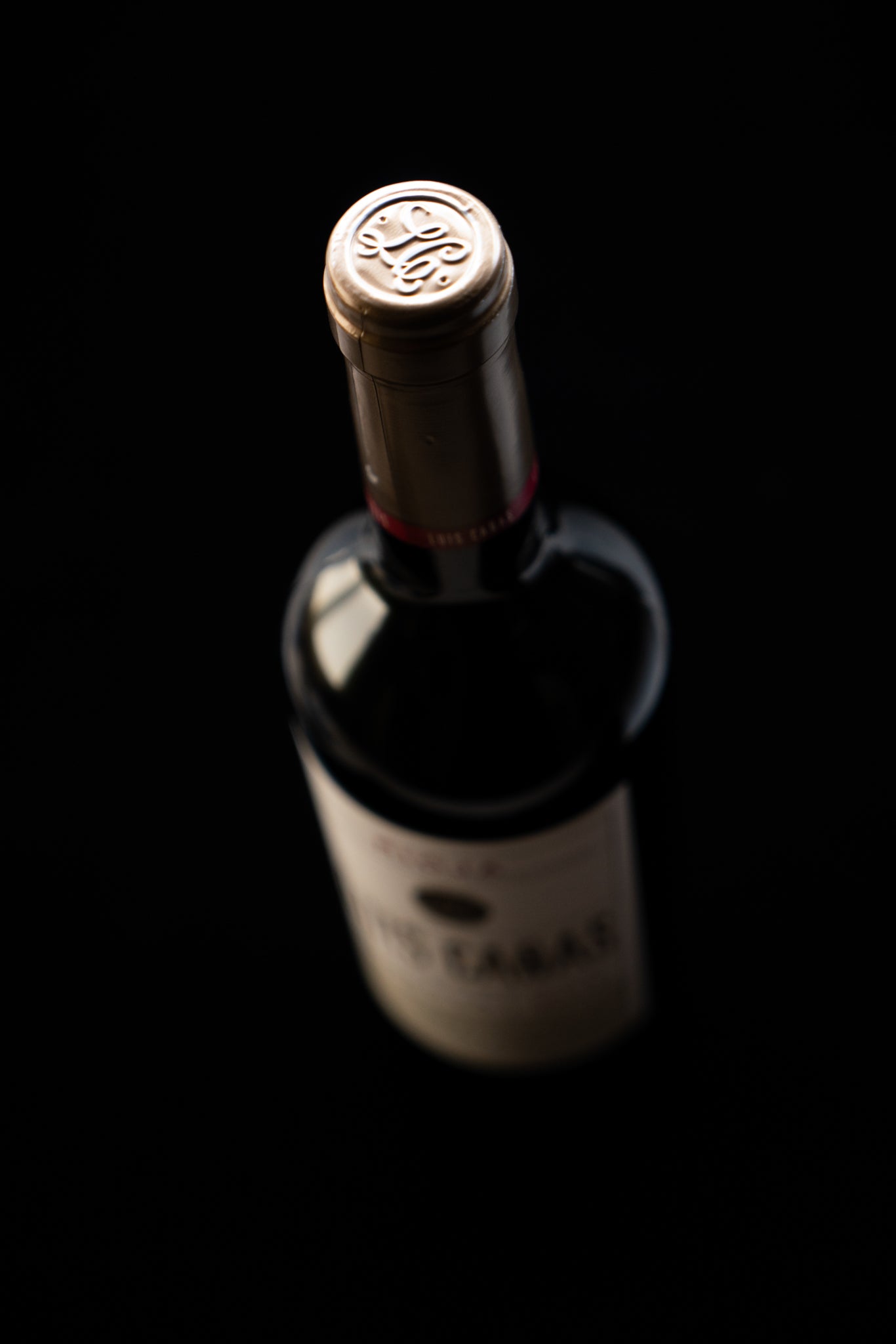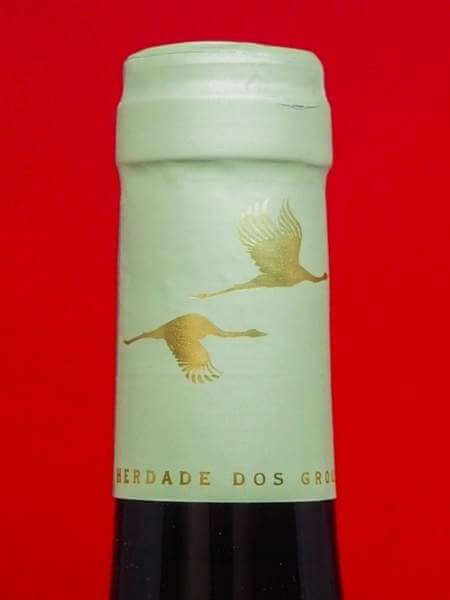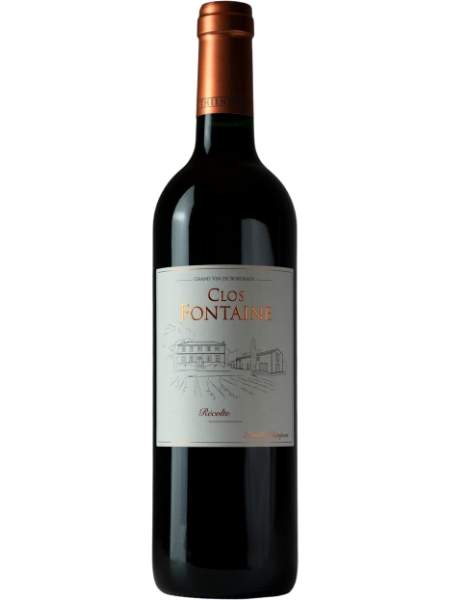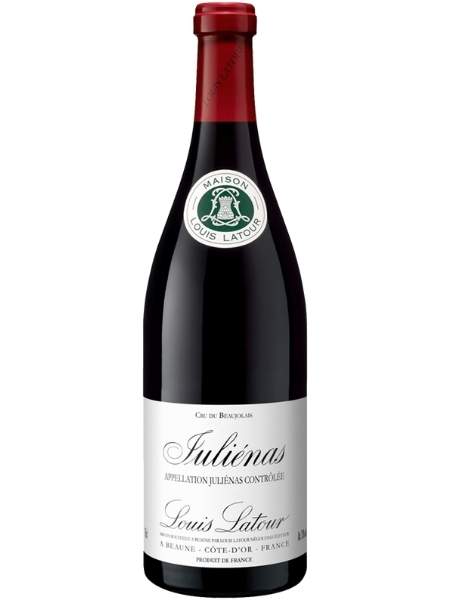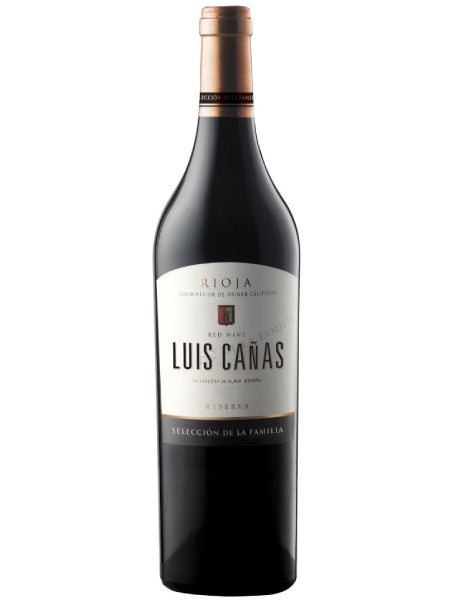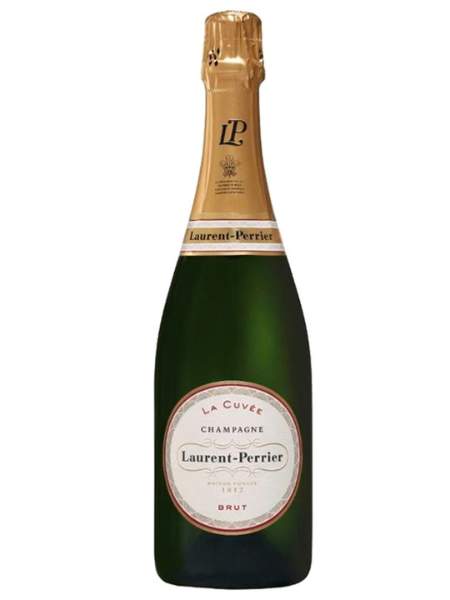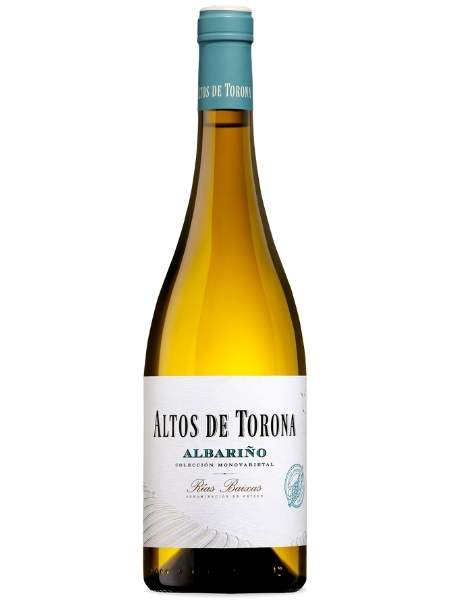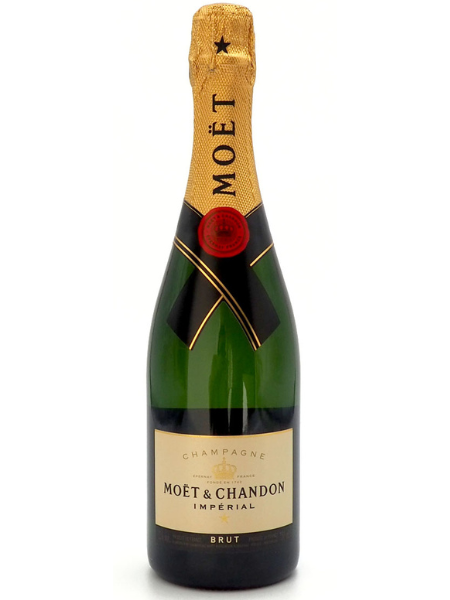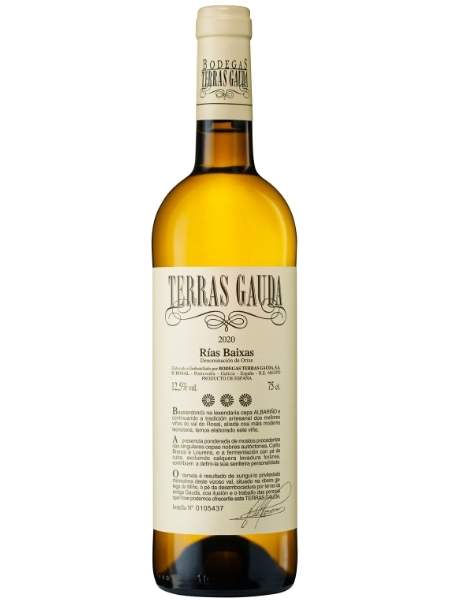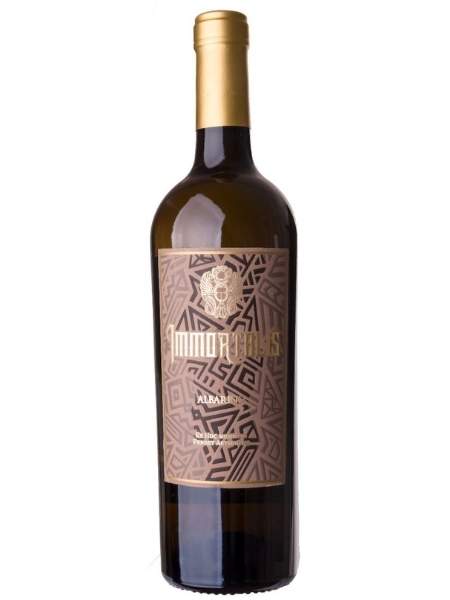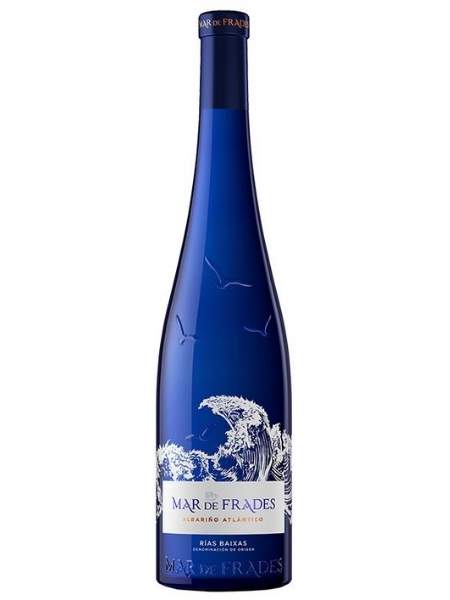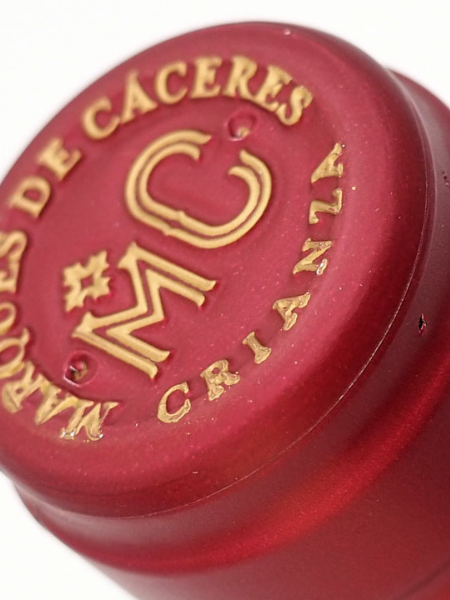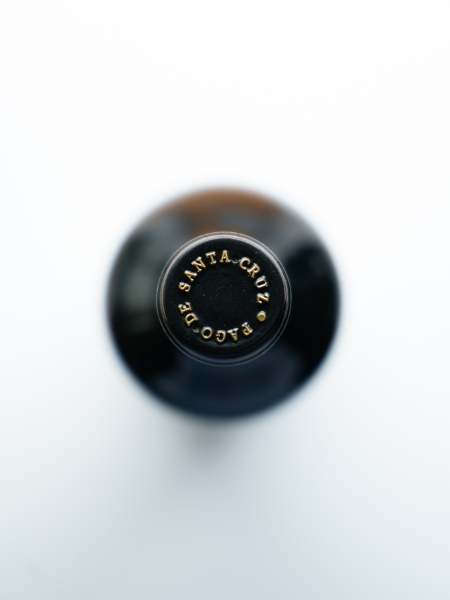
Will Wine Freeze? Tips to Protect Your Precious Vintages

Wine enthusiasts often find themselves wondering about the effects of extreme temperatures on their cherished bottles. Will wine freeze if exposed to cold conditions? In this comprehensive guide, we will delve into the intriguing world of wine and its susceptibility to freezing temperatures. From the science behind it to practical tips on safeguarding your precious vintages, we've got you covered.
Will Wine Freeze?
Wine is indeed susceptible to freezing, but it's not as straightforward as it may seem. To understand this better, let's break it down:
The Freezing Point of Wine
Like most liquids, wine has a freezing point, and it varies depending on its alcohol content. Generally, wine has an alcohol content ranging from 12% to 15%. The freezing point of a typical wine falls somewhere between 20°F (-6.6°C) and 25°F (-3.9°C). However, this can vary slightly depending on the specific wine's alcohol content and sugar content.
What Happens When Wine Freezes?
When wine freezes, the water within it forms ice crystals, which can be detrimental to its quality. The expansion of these ice crystals can push the cork out or even break the bottle. Additionally, the flavor and aroma of the wine may be altered due to the disruption of its chemical structure.
Preventing Wine from Freezing
To prevent your wine from freezing, store it in a cool, but not freezing, environment. Ideally, wine should be stored at a temperature between 45°F (7.2°C) and 65°F (18.3°C). If you're concerned about extreme cold, it's best to keep your wine in a temperature-controlled wine fridge.
Factors Affecting Wine's Freezing Point
Several factors can influence whether wine will freeze:
Alcohol Content
As mentioned earlier, the alcohol content of wine plays a crucial role in its freezing point. Wines with higher alcohol content are less likely to freeze than those with lower alcohol content.
Sugar Content
Wines with high sugar content, such as dessert wines, have a lower freezing point. The sugar acts as an antifreeze agent, preventing the formation of ice crystals.
Bottle Material
The material of the wine bottle can also impact freezing. Thick glass bottles are more resistant to breaking when exposed to extreme cold.
Storage Conditions
Proper storage conditions are essential. If you live in a region with harsh winters, consider a wine cellar or a climate-controlled wine storage solution.
Frequently Asked Questions
Can I Safely Thaw Frozen Wine?
Yes, you can thaw frozen wine. Place the frozen bottle in the refrigerator for slow, controlled thawing. Do not use a microwave or hot water, as this can damage the wine.
Does Freezing Wine Affect Its Taste?
Freezing wine can alter its taste and aroma due to the disruption of its chemical composition. It's best to avoid freezing wine if possible.
Can I Drink Wine That Has Been Frozen and Thawed?
You can drink wine that has been frozen and thawed, but it may not taste as good as before freezing. The quality may be diminished.
What Types of Wine Are More Resistant to Freezing?
Wines with higher alcohol content and those with higher sugar content, such as dessert wines, are more resistant to freezing.
Can I Store Wine in the Freezer for Chilling?
You can store wine in the freezer briefly to chill it quickly, but be sure to remove it promptly to prevent freezing.
Are There Special Freezers for Wine Storage?
Yes, there are wine refrigerators or wine coolers designed to store wine at the ideal temperature, which prevents freezing.
Conclusion
In conclusion, wine can indeed freeze, and the consequences can be detrimental to its quality. To preserve your cherished bottles, it's crucial to store them in a suitable environment and be mindful of extreme temperatures. By following the guidelines outlined in this blog, you can ensure that your wine collection remains intact and enjoyable for years to come.






